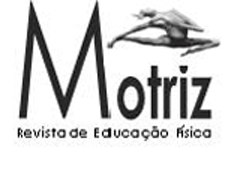Abstract
Aims
the aim of this study was to verify the effects of different intensities of locomotor exercise on corticospinal excitability.
Methods
18 healthy subjects (27.6 ± 6.5 years,) participated in a design study of three different exercise protocols on a cycle ergometer: (i) 10 min at 75% Wmax (high intensity); (ii) 15min at 60% Wmax (moderate intensity) or (iii) 30 min at 45% Wmax (low intensity). The protocols of lower body cycling were assigned in random order in separate sessions. A control session was done with subjects at rest. Corticospinal excitability was assessed before (baseline) and every 5 min for 15min after the end of exercise/rest (time: 0, 5, 10 and 15) by measurement of the motor evoked potential (MEP) elicited by transcranial magnetic stimulation in the relaxed first-dorsal interosseus muscle.
Results
Compared to the resting session, a significant decrease (64%) in the motor evoked potential amplitudes was found only in the session of exercise of high intensity. This result seems depend on the level of physical activity of subject. No change was found after rest, low and moderate exercises.
Conclusions
These findings suggest that changes in the corticospinal excitability depend on exercise intensity and level of physical activity of subjects.
Keywords
transcranial magnetic stimulation; motor córtex; motor evoked potentials; exercise



